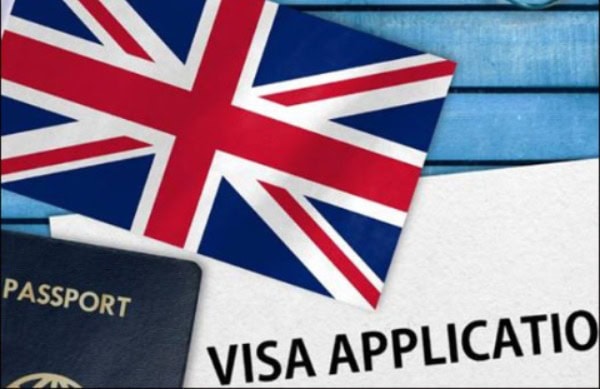LONDON – The UK governments has introduced radical reforms to Britain’s immigration system, restoring control to its borders and reducing record-high levels of net migration.
Measures unveiled in the immigration white paper will “reshape our immigration system towards those who contribute most to economic growth, with higher skills standards for graduates and workers,” read an official press release.
New requirements on employers to boost domestic training will end the reliance on international recruitment, restoring order to a failed system that saw net migration quadruple between 2019 and 2023.
Key policies include the reversing the long-term trend of increasing international recruitment at the expense of skills and training and others.
According to the White Paper, a minimum of 10 years of legal residence will now be required to obtain settlement and citizenship in the UK, up from the previous requirement of 5 years.
The Home Office stated that the purpose of these reforms is to ensure that foreign nationals play a positive and meaningful role in British society.
The eligibility criteria for work visas have been raised back to RQF Level 6 (i.e., graduate level).
Under the new changes, the Immigration Salary List has been abolished, which previously allowed recruitment at lower salaries.
The Social Care visa route will be closed. However, existing applicants will be able to extend their visas until 2028.
The English language requirement will now apply to more visa categories, including dependants.
The study visa policy has been tightened while the post-study work period has been reduced from two years to 18 months.














